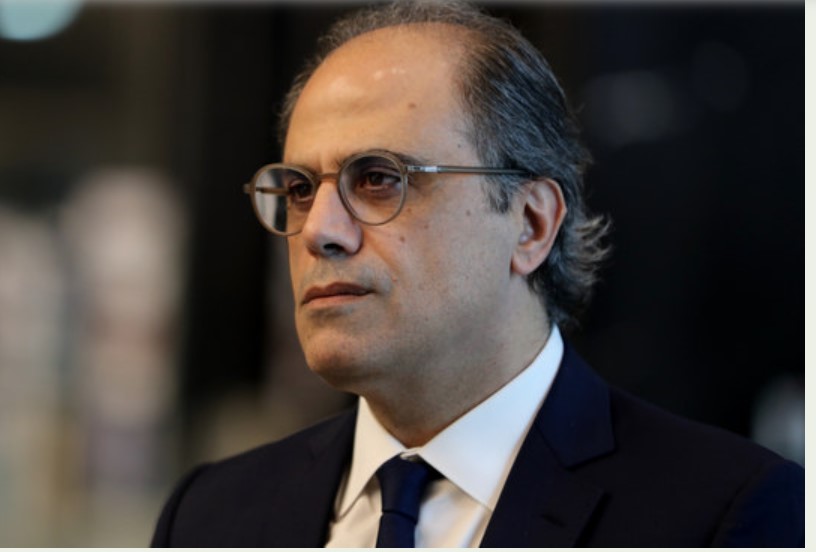
by thecradle.co — Recently nominated Lebanese presidential candidate Jihad Azour will take a leave of absence from his post at the International Monetary Fund (IMF) to avoid any perceived conflict of interest, The National reported on 9 June. Azour is the director of the Middle East and Central Asia office at the IMF and was nominated for the position of Lebanese president, which has been vacant since October, when Michel Aoun’s term expired. The IMF said Azour, who served as finance minister of Lebanon between 2005 and 2008, was to take leave “to avoid any perception of conflict of interest.” In April of 2022, Lebanon and the IMF reached a staff-level agreement on an economic reform plan to unlock around $3bn of funding over several years. However, the agreed reforms have yet to be implemented.
The IMF alleges the reforms are needed to end Lebanon’s economic crisis, which began in 2019 when a decades-long Ponzi scheme involving the country’s central bank and commercial banks collapsed, causing the Lebanese lira to lose some 98 percent of its value and plunging much of the country into poverty. The crisis caused many Lebanese residents to lose their entire life savings and to suffer from widespread shortages of state-supplied electricity, clean water, and medicine. Scenes of women and children asking for money in the streets of downtown Beirut have become ubiquitous. Efforts to solve the country’s energy crisis by importing gas from Egypt via Syria have stalled as US officials refuse to give assurances that relevant US sanctions on Syria will be waived. However, while reform of the Lebanese banking sector is needed, some observers have questioned the merit of the proposed IMF reforms.
Sami Zoughaib, an economist at Beirut-based think-tank The Policy Initiative, described the IMF agreement as a “get out of jail card for the elites.” “The Lebanese political system in its current form will be unable to undertake the critical reforms as it would undermine its core foundations, namely the entrenched interests of the elites and the balance of powers within it,” Zoughaib explained.
Al-Jazeera notes that Lebanese depositors whose US dollars have been “trapped in the banks for two and a half years fear that the government will bail out the banks and place the burden of the losses on them, a term they call ‘lirafication.’” According to Ali Darwish, parliamentarian and advisor to caretaker Prime Minister Najib Mikati, who spoke to Al-Jazeera, “Ninety percent of the Lebanese people own no more than 20 percent of the deposits, while 10 percent own 80 percent of the deposits. I think they can easily protect this cluster of [small] depositors.” In 11 sessions, Lebanon’s divided parliament has failed to elect a new president. The next presidential voting sessions will recommence on Wednesday after a five-month hiatus. For now, it is unclear if the newly-nominated Jihad Azour has the votes required to become the next head of state. His main rival is Suleiman Frangieh, who has enjoyed support from Hezbollah and its Shia ally, the Amal Movement.



